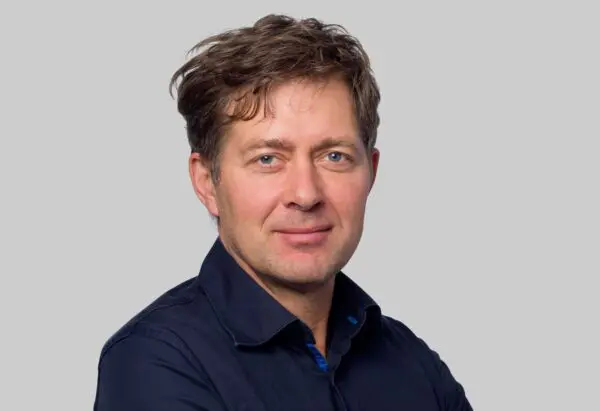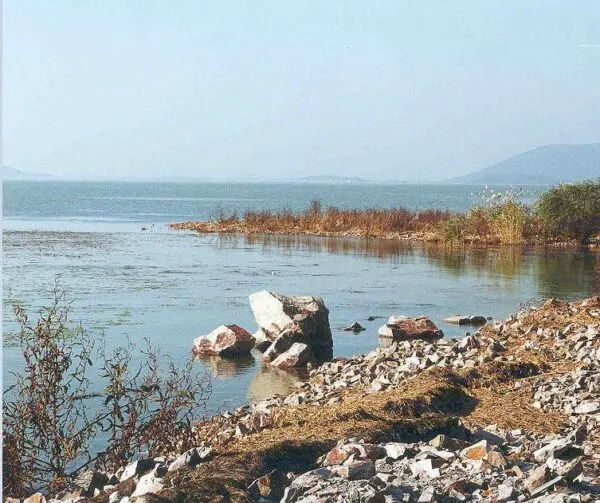Arend Kolhoff
Senior Advisor Environmental and Social Assessment


The NCEA issued advisory reviews of two stages of a rehabilitation programme for lake Tai. It provided observations and recommendations for the short-term clean-up programme as well as the master plan for lake management.
The study started in September 2000 and consists of two phases of respectively 10 and 14 months. In the first phase data on water quality and the applied sewage systems for industry and households will be gathered and analysed. In the second phase scenarios will be assessed and compared. The Commission is requested to monitor the study together with Chinese assessors. A draft advice for ToR has been submitted. In the summer of 2001 the project will be visited and the final advice for ToR will be made.
A Netherlands working group of the Commission for EIA in close collaboration with Chinese experts executed a joint review of the first phase (draft Engineering study) of the Lake Tai project and visited the Lake from 2 –10 November 2001. The main findings of the review are as follows: essential information at this stage of the study (end of first phase) is not yet available. Moreover, part of this information is not yet planned to be gathered in the second phase. As a result the quality of the Master plan will be effected negatively and a first step towards integrated water resources management can only be achieved in case the recommendations are taken seriously. Additional information should be gathered on non-point sources pollution, ecology and fisheries in order to make an adequate assessment of different scenarios for rehabilitation of the different functions of the Lake possible.
Sweco Nederland
FMO - the Netherlands Development Finance Company